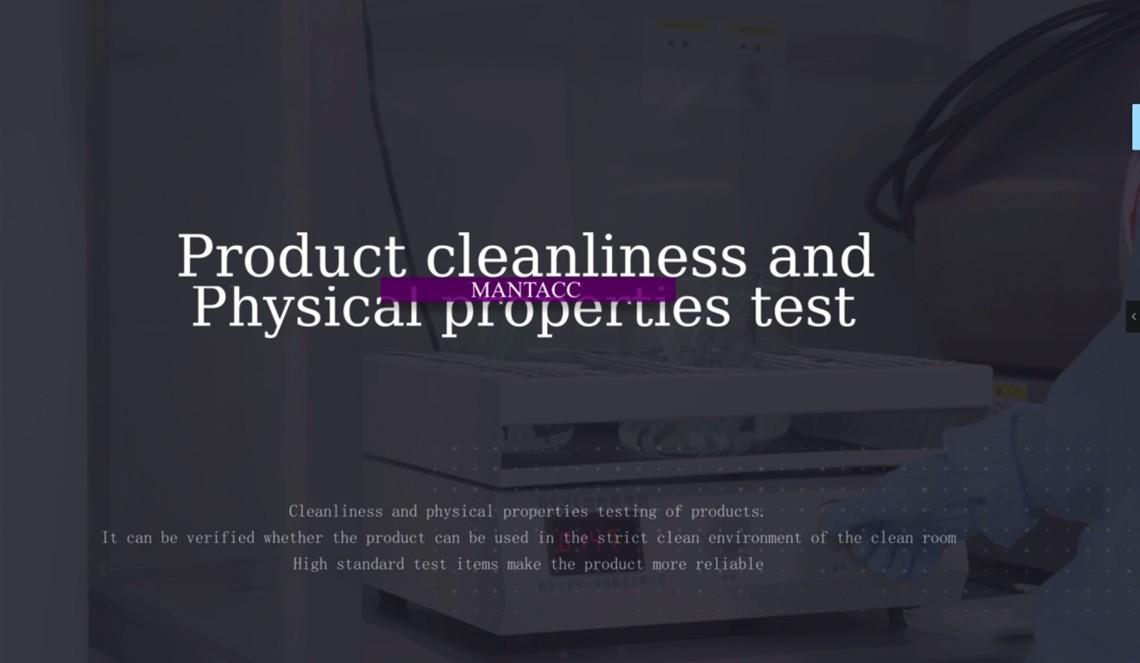What is polyester?
Polyester is a synthetic resin in which the polymer units are held together by ester linkages. The discovery of polyester dated back to 1940s when a group of British chemists worked at the Calico Printer’s Association of Manchester in the UK. They were very much into the work of W.H. Carothers, the chemist who discovered nylon, the first synthetic fiber in the world. Inspired by his research, the British chemists patented the first polyester in 1941, commonly known as Terylene. Soon after in the United States, DuPont bought the production right to Terylene and began manufacturing its own version of polyester as the name “Dacron,” which was first unveiled in 1951.

Polyester is made from acids and alcohols extracted from petroleum as well as some recycled materials. It gets its name from the composition of many (poly) common organic compounds (esters). Polyester comes in many different forms for its end use. And the most common one is PET (polyethylene terephthalate).
Polyester has been applied to various products. A good example is a polyester tipped swab, the cleanest swab available so far. It is widely used to clean electronic optical lenses, sophisticated instruments, and other equipment in cleanrooms. It is commonly known that TEXWIPE in the United States is the leading enterprise in this industry.
Why polyester tipped swabs are great?
1.High precision applications
2.Resistant to many solvent chemicals
3.Superior abrasion resistance
4.High absorption and release ability
5.Naturally lowest in NVR (non-volatile residue)
When to use polyester tipped swabs?
1.Precise Cleaning
In controlled environments, precision goes first. Polyester is suitable for making swab heads for precise cleaning. It can be made into many different sizes and shapes for cleaning those hard-to-reach areas, like recess and crevice. The lint-free heads made of laundered virgin polyester fibers will leave no fluff or particles on the surface. Besides, these swabs are unaffected by any solvent or chemicals, including ketones (acetone and MEK), aromatics (toluene and xylene), esters (n-butyl acetate), halogenated solvents and commercial formulations. This property makes polyester tipped swab the first choice for precision cleaning.
2.Aggressive Cleaning
Polyester tipped swabs are very sturdy and durable. The excellent abrasion resistance makes polyester tipped swabs the perfect choice for scrubbing on rough surfaces, crusty contaminants, and delicate components. These swabs can be used once or reused for several times, significantly lowering the cost.
3.Applying Fluids
The most important factor to consider when you choose a swab for applying fluids is material compatibility. Adhesives, coatings, and lubricants are often applied with a carrier solvent which can degrade the swab. In this scenario, polyester swab heads, which are the most chemically resistant, are the best choice. Polyester tipped swabs can also work perfectly with the fluid contain an aggressive solvent carrier. Such swabs can be used once or continuously depending on the users’ tolerance for possible cross-contamination.
4.Cleaning validation
Cleaning validation is a process of rubbing a swab (usually with a collection solvent, solution, or pure water) on a surface to collect possible contaminants, which are then extracted and analyzed. Here the key is to choose a swab head of high cleanliness that is compatible with the collection fluid as well as low in background contamination. Polyester swab head is an ideal choice for this purpose because of its excellent competency at absorbing contamination from the surface and then releasing it back to the extract for analysis. Additionally, the cleanliness of synthetic polyester is consistent, controlled, and engineered throughout the process from polyester polymer formulation to swab packaging.
Polyester tipped swabs are available for many purposes and become the first choice for many users in many industrial applications.

